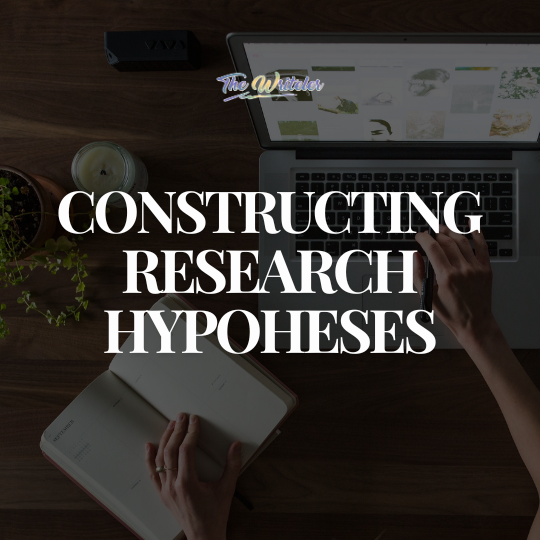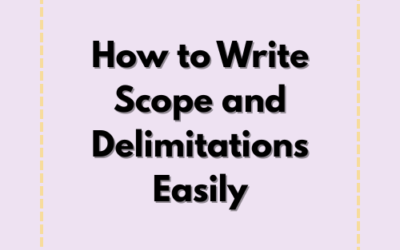The formulation of research hypotheses is a critical step in the research process. Hypotheses provide clarity, specificity, and focus, guiding researchers in collecting and analyzing data.
This blog post will explore the concept of research hypotheses, their types, functions, and how they can be effectively constructed, drawing insights from the Deepstash article and Ranjit Kumar’s comprehensive guide on research methodology.
Understanding Hypotheses
A hypothesis is a tentative statement that predicts a relationship between two or more variables. It is based on existing knowledge and provides a basis for further investigation. Hypotheses are essential in research as they guide the direction of the study and help in formulating research questions.
Types of Hypotheses
Hypotheses can be broadly categorized into several types:
- Research Hypothesis: This is a statement that predicts a relationship between variables. It is often based on theoretical expectations.
- Null Hypothesis (H0): This hypothesis states that there is no relationship between the variables. It serves as a default or starting point for statistical testing.
- Alternate Hypothesis (H1): This hypothesis is formulated to be accepted if the null hypothesis is rejected. It indicates the presence of a relationship between variables.
Functions of Hypotheses
Hypotheses serve several important functions in research:
- Focus and Direction: They provide a clear focus for the study, guiding researchers on what data to collect and analyze.
- Framework for Analysis: Hypotheses help in structuring the analysis, making it easier to conclude the data.
- Basis for Statistical Testing: They form the foundation for statistical tests that determine the validity of the research findings.
Constructing Hypotheses
Constructing a hypothesis involves several steps:
- Review Existing Literature: Understanding the current state of knowledge on the topic helps in formulating a relevant hypothesis.
- Identify Variables: Clearly define the independent and dependent variables involved in the study.
- Formulate the Hypothesis: Develop a clear and testable statement that predicts a relationship between the variables.
- Ensure Testability: The hypothesis should be formulated in a way that allows for empirical testing and validation.
Common Errors in Hypothesis Testing
When testing hypotheses, researchers must be aware of potential errors:
- Type I Error: Rejecting a true null hypothesis.
- Type II Error: Accepting a false null hypothesis.
Hypotheses in Qualitative Research
While hypotheses are more commonly associated with quantitative research, they can also play a role in qualitative studies. In qualitative research, hypotheses may be used to explore complex phenomena and guide the direction of the study.
Conclusion
Constructing research hypotheses is a foundational step in the research process. By providing a clear focus and direction, hypotheses help researchers design robust studies and draw meaningful conclusions. For those embarking on research projects, understanding how to effectively formulate and test hypotheses is essential for success.
If you need assistance with constructing research hypotheses or any other aspect of your research, The Writeler Co. is here to help. Our team of experts is ready to support you in achieving your research goals. You can check client reviews here. Contact us today to learn more about our services and how we can assist you in your research journey.
Citations:
[1] https://ppl-ai-file-upload.s3.amazonaws.com/web/direct-files/22484821/65b8937a-e1c3-4d9d-9599-71c019e845b0/Ranjit_Kumar-Research_Methodology_A_Step-by-Step_G.pdf
[2] https://ppl-ai-file-upload.s3.amazonaws.com/web/direct-files/22484821/1f7223d9-06ef-4a5a-ac0f-9fe56986c9b0/Ranjit_Kumar-Research_Methodology_A_Step-by-Step_G.pdf
[3] https://deepstash.com/article/233995/constructing-research-hypotheses





Thanks for sharing. I read many of your blog posts, cool, your blog is very good.
Thank you! Do you have any contents that you wish to read?